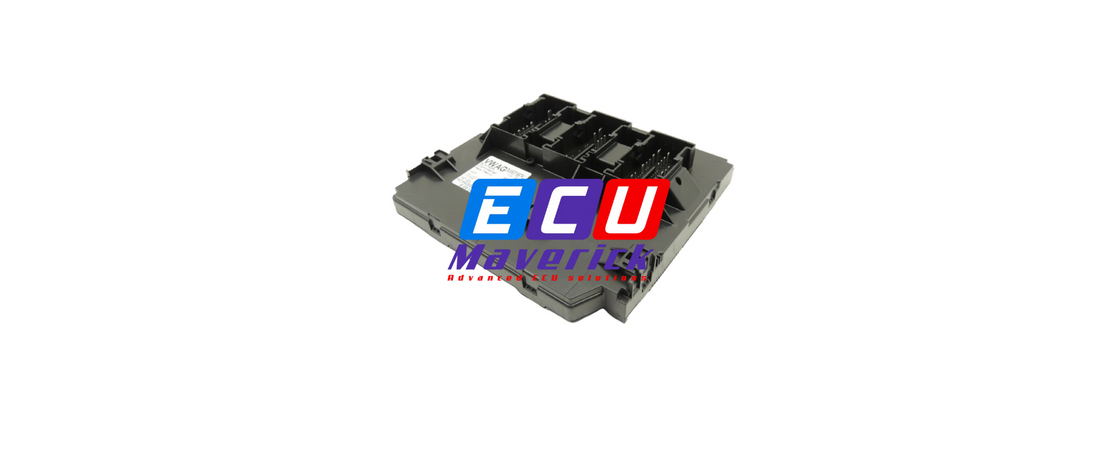
Understanding the Role of BCMs (Body Control Modules)
Share
In the complex ecosystem of modern vehicles, the Body Control Module (BCM) serves as a central command center, orchestrating various functions and systems to ensure optimal performance, convenience, and safety. In this blog post, we'll delve into the world of BCMs, exploring how they control vehicles and the different types available.
What is a Body Control Module (BCM)? The BCM, is an electronic control unit responsible for managing and coordinating various electrical systems and components within a vehicle. It acts as the brain of the vehicle's body electronics, facilitating communication between different modules and controlling functions such as lighting, climate control, power windows, door locks, and more.
Types of BCMs:
-
Basic BCMs: Found in entry-level or older vehicle models and typically control essential functions such as lighting, door locks, and window operation. They may have limited capabilities compared to more advanced BCMs but still play a crucial role in vehicle operation.
-
Advanced BCMs: Commonly found in modern vehicles and boast enhanced functionality and features. In addition to basic functions, they may control advanced systems such as keyless entry, remote start, alarm systems, adaptive lighting, and seat memory. Advanced BCMs often incorporate sophisticated software algorithms to optimize performance and efficiency.
How BCMs Control Vehicles:
-
BCMs communicate with various electronic modules and sensors throughout the vehicle via a network known as the Controller Area Network (CAN). This enables seamless integration and coordination of different systems, allowing for efficient operation and real-time monitoring.
-
BCMs receive input signals from switches, sensors, and other control devices located throughout the vehicle. These inputs inform the BCM of driver preferences and vehicle status, allowing it to adjust settings and activate corresponding functions accordingly.
-
Based on input signals and predetermined programming, the BCM sends commands to activate or deactivate electrical components such as lights, motors, solenoids, and relays. It regulates power distribution to ensure proper functioning of each component while optimizing energy efficiency.
-
BCMs continuously monitor the health and performance of connected systems and components, detecting faults, errors, or malfunctions. In the event of an issue, the BCM may trigger warning indicators on the dashboard, store diagnostic trouble codes (DTCs), and initiate appropriate corrective actions.
At ECU Maverick, we specialize in BCM diagnostics, repairs, and programming to keep your vehicle's electronics operating smoothly. Contact us today to learn more about our services and ensure optimal performance and reliability for your vehicle's BCM.


